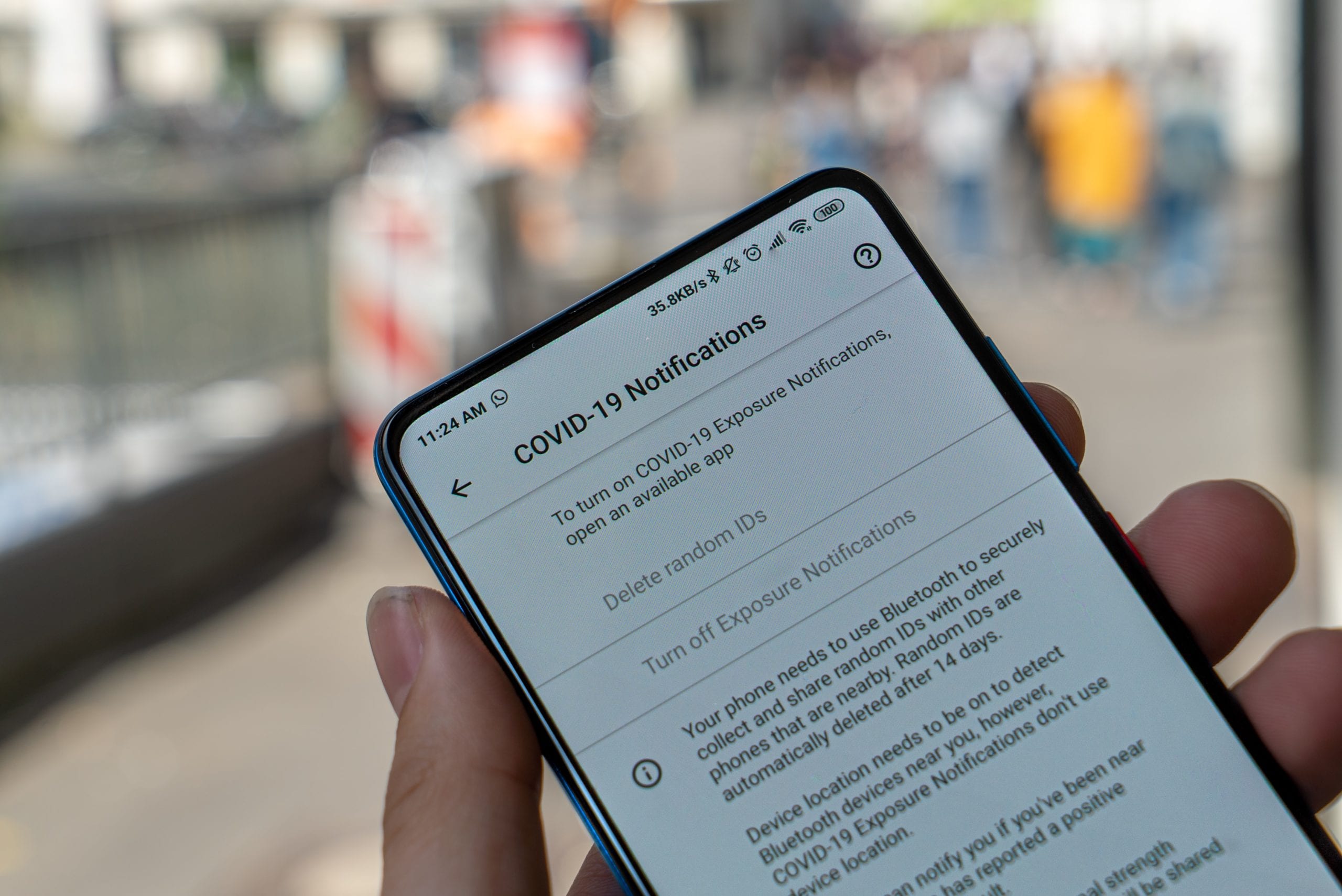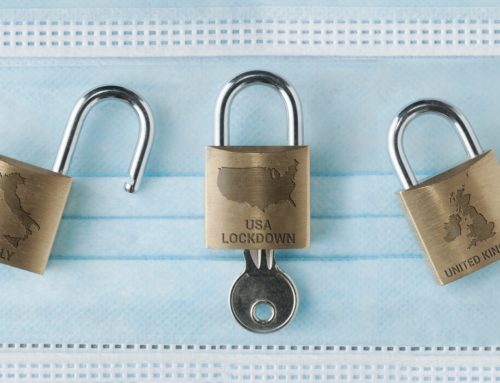Welcome to the latest news on business, Government supports and the economy.
CJRS Update
What you need to do from 1 September:
- From 1 September CJRS will pay 70% of usual wages up to a cap of £2,187.50 per month for the hours furloughed employees do not work.
- You will still need to pay your furloughed employees at least 80% of their usual wages for the hours they do not work, up to a cap of £2,500 per month. You will need to fund the difference between this and the CJRS grant yourself.
- The caps are proportional to the hours not worked. For example, if your employee is furloughed for half their usual hours in September, you are entitled to claim 70% of their usual wages for the hours they do not work up to £1,093.75 (50% of the £2,187.50 cap).
- You will continue to have to pay furloughed employees’ National Insurance (NI) and pension contributions from your own funds.
Making sure your data is right
It is important that you provide all the data HMRC need to process your claim. Payment of your grant may be at risk or delayed if you submit a claim that is incomplete or incorrect, so we want to help you get this right. We have an accurate claim calculator so please talk to us if you need any help.
The step by step guide for employers has been updated and can be seen here
SEISS: Self Employed can benefit from second stage grant
Self-employed people whose livelihoods have been affected by coronavirus will be able to claim a second payment of up to £6,570 from 17 August.
Those eligible will now be able to receive a second and final grant worth 70% of their average monthly trading profits, with the money set to land in their bank accounts within six working days of making a claim.
Anyone whose self-employed business has been adversely affected by coronavirus since 14 July is eligible for the scheme.
How HMRC works out trading points and non profit trading income for Self Employment Income Support Scheme
Find out how HMRC will work out your trading profits and non-trading income if you are self-employed or a member of a partnership and have been adversely affected by coronavirus (COVID-19).
Ask HMRC to verify you had a new child which affected your eligibility for the Self-employment Income Support Scheme.
Use this form if you are self-employed or a member of a partnership, and having a new child affected the trading profits or total income you reported for the tax year 2018 to 2019.
Kickstart scheme launches in November
The Department of Work and Pensions (DWP) has launched the Kickstart Scheme, designed to create new 6-month job placements for young people who are currently on Universal Credit and at risk of long-term unemployment.
The £2 billion Kickstart Scheme is designed to create hundreds of thousands of new, fully subsidised jobs for young people across the country.
The 6-month placements are open to those aged 16-24 who are claiming Universal Credit and at risk of long-term unemployment. They will be available across a range of different sectors in England, Scotland and Wales. The first placements are likely to be available from November.
Employers will receive funding for 100% of the relevant National Minimum Wage for 25 hours a week, plus associated employer National Insurance contributions and employer minimum auto-enrolment pension contributions.
There will also be extra funding to support young people to build their experience and help them move into sustained employment after they have completed their Kickstart funded job.
If you are an employer looking to create jobs placements for young people, you can apply for funding as part of the scheme.
Who can apply
You can submit your application online.
If you are applying for 30 or more job placements, you can apply directly.
If you are applying for less than 30 job placements, you must apply through a representative of a group of employers. They can submit an application on your behalf, using other employers to create 30 or more job placements in one application.
What you need to provide during the application
You will need:
- the Companies House reference number or Charity Commission number
- the organisation address and contact details
- details of the job placements and their location
- supporting information to show that the job placements are new jobs and meet the Kickstart Scheme criteria
- information about the support the organisation can give to develop employability skills of young people
After you have applied
Your application will be reviewed to check it meets the requirements of the Kickstart Scheme. It will then go to a panel for consideration. This is not a competitive process, but Kickstart will only provide funding when the job placements meet the criteria.
DWP aims to respond to applications within 1 month.
If your application is successful
If your application meets the requirements of the scheme, you will receive a letter with a grant agreement. This agreement will include what your company has agreed to provide, and how much funding you will receive from the Kickstart Scheme.
Providing apprenticeships during the Coronavirus outbreak
The revised document sets out guidance for apprentices, employers, training providers and assessment organisations in response to the impact of coronavirus (COVID-19).
It outlines the changes that the Education and Skills Funding Agency (ESFA) is making to the apprenticeship programme during the coronavirus (COVID-19) outbreak. If you have or are thinking about taking on apprentices please see here.
VAT Deferral scheme
The VAT payments deferral scheme was launched on 20 March 2020. Statistics show that on the three filing dates ending 7 April, May, June approximately 40% of all businesses eligible for the deferment did so. The total amount of deferred VAT amounted to £27.5 billion.
For more statistics see here.
Clearly these are vast sums and if you have taken advantage of Government support, it is now essential to plan for their ending and a return to running your business without them. Please talk to us about planning forward and taking actions, we have considerable experience in helping our clients adjust, repurpose and pivot into new areas. We also help many of our clients with cash flow planning which will be critical as we enter the latter part of the year.
Guidance for landlords, tenants and local authorities
This updated guidance provides advice to landlords and tenants on the provisions in the Coronavirus Act 2020, and further advice for landlords, tenants and local authorities more broadly about their rights and responsibilities during the COVID-19 outbreak. It covers rent, mortgage payments and possession proceedings, court action, repairs, maintenance and health and safety.
Contract cancellations and refunds due to Coronavirus
There are a wide range of contracts that have been affected due to the pandemic.
The statement outlined below replaces what was published by the Competition and Markets Authority (CMA) on 30 April 2020. The CMA’s view remains that a consumer will generally be entitled to a refund when they have paid money in advance for services or goods that cannot be provided because of the coronavirus pandemic.
As the circumstances and public health measures relating to the pandemic have developed over time, CMA have updated the statement to cover additional issues. This now covers contracts that cannot go ahead due to lockdown laws, limited exceptions to full refunds, ongoing contracts, non-refundable payments and fees, credits and rebooking and payments for future services.
It also outlines contracts that are partially affected by lockdown laws, changing terms in existing contracts during the pandemic, terms in new contracts which relate to the coronavirus and cancellation relating to Government guidance and cancellation under the standard terms and conditions of a contract.
This does sound a heavy read! but it is important you are aware the guidance exists and the relationship between businesses and customers. If you have any issues with contracts entered into and need expert advice please talk to us and we can recommend a local solicitor to help.






